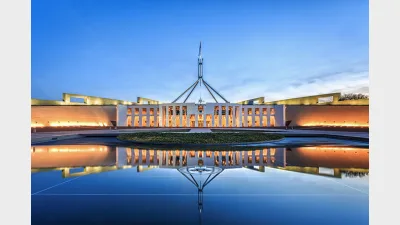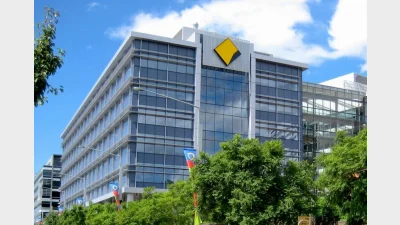Super funds are undermining climate commitments: Market Forces



Superannuation funds are squandering critical opportunities to force companies they invest in to step up on climate change, according to Market Forces analysis.
Will van de Pol, Market Forces asset management campaigner, said Market Forces had reviewed the voting records of the seven big super funds that had net zero commitments and who also disclosed their voting within days of an annual general meeting.
Active Super, BT Super, Cbus, HESTA, NGS Super, QSuper and Telstra Super populated the list.
“All but one of those funds voted against two or more key climate-related proposals in Australia since September,” van de Pol said.
“In fact, just 10 of the 32 votes identified were cast in favour of climate action. And given most funds haven’t even disclosed how they voted yet, climate voting records could be even worse across the broader superannuation sector.”
He said super fund members should demand for their super fund to vote for climate action on their behalf, with ANZ, NAB and Westpac all facing Market Forces backed shareholder votes urging them to stop funding expansion of the fossil fuel industry.
“All funds should vote in favour of these resolutions, especially those with their own net zero commitments,” he said.
“We have a chance to turn this around in the next few weeks. But we need to speak up now.”
Recommended for you
Introducing reforms for strengthening simpler and faster claims handling and better servicing for First Nations members are critical priorities, according to the Super Members Council.
The Commonwealth Bank has warned that uncapped superannuation concessions may be “unsustainable” and has called for the introduction of a superannuation cap.
Superannuation funds have posted another year of strong returns, but this time, the gains weren’t powered solely by Silicon Valley.
Australia’s $4.1 trillion superannuation system is doing more than funding retirements – it’s quietly fuelling the nation’s productivity, lifting GDP, and adding thousands to workers’ pay packets, according to new analysis from the Association of Superannuation Funds of Australia (ASFA).









